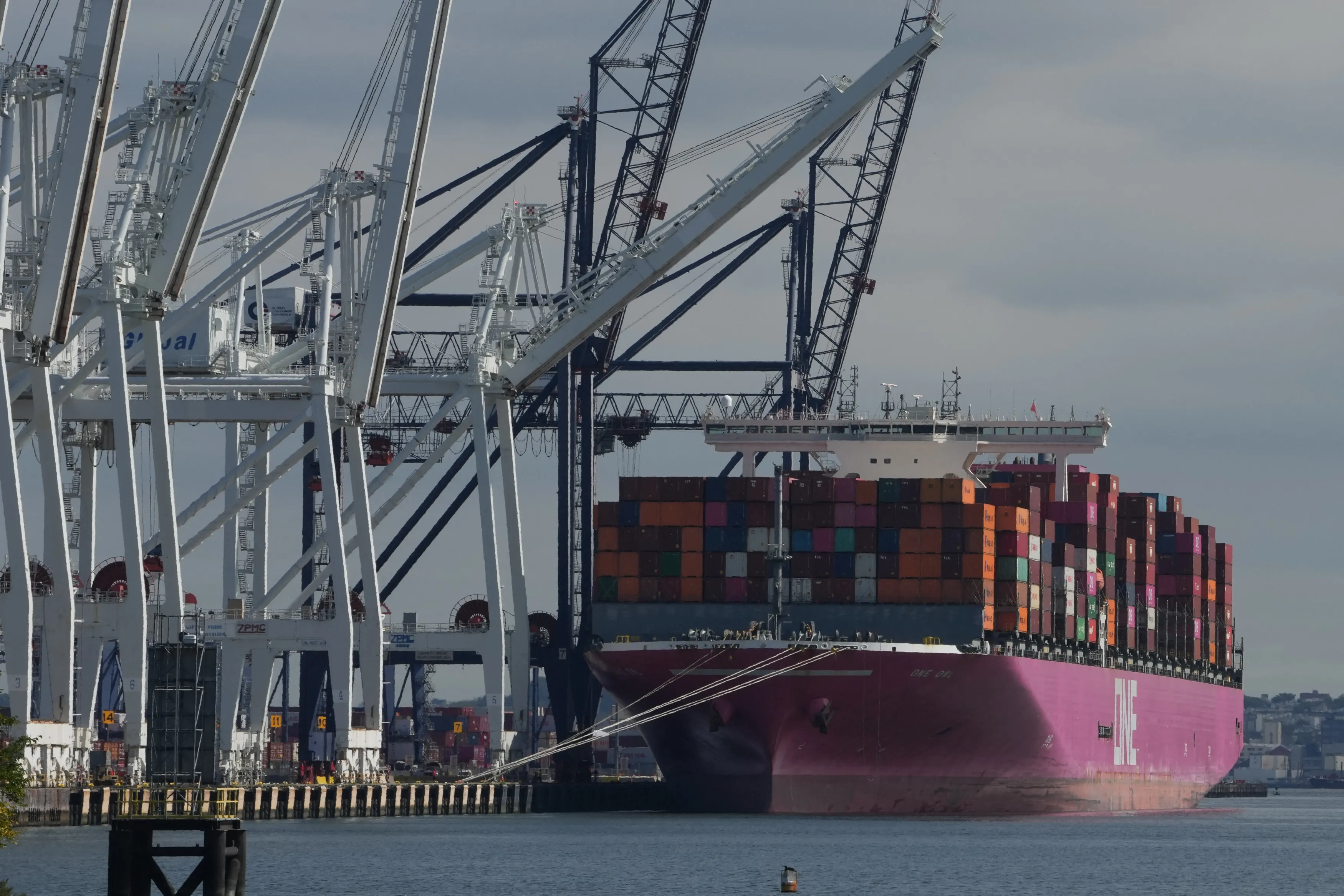2024 Election Dynamics: Implications of Looming Port Strike on Economy

2024 Election and Economic Impact of Port Strike
The upcoming port strike, the first national walkout of maritime workers in nearly 50 years, poses a looming threat to the economy just ahead of the 2024 election. With concerns over labor and inflation taking center stage, the strike starting October 1 involves tens of thousands of longshoremen at East and Gulf Coast ports, crucial gateways for over half of U.S. container imports.
Key Issues and Potential Outcomes
- Wages are a critical flashpoint in negotiations between the International Longshoremen's Association (ILA) and the U.S. Maritime Alliance (USMX).
- Stronger protections against automation are also at the heart of the dispute.
- Experts suggest that a short-lived strike could limit economic fallout, but prolonged disruptions may ignite serious increases in consumer prices, impacting essential goods.
This labor dispute could spell trouble for Vice President Kamala Harris in her campaign against former President Donald Trump. Moreover, it underscores President Joe Biden's pro-labor stance at a vulnerable time as voters prioritize economic stability ahead of the elections.
Conclusion: A Critical Moment for Voters
As the political landscape sharpens, the effects of this potential strike extend beyond just labor negotiations; it may very well influence voter sentiment and decisions as the economy comes into sharp focus in the lead-up to the 2024 election. Officials urge stakeholders to monitor developments closely.
This article was prepared using information from open sources in accordance with the principles of Ethical Policy. The editorial team is not responsible for absolute accuracy, as it relies on data from the sources referenced.